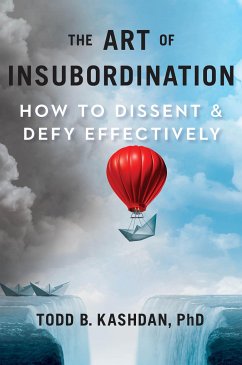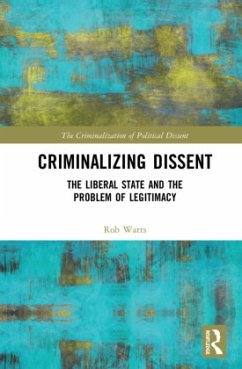
The Intricacies of Dicta and Dissent
Versandkostenfrei!
Versandfertig in 1-2 Wochen
42,99 €
inkl. MwSt.

PAYBACK Punkte
21 °P sammeln!
The book is aimed at judges, barristers and academic lawyers. It examines obiter dicta and dissenting opinions as aspects of English case law. The author shows that dicta and dissent have complex histories, have been put to various uses, and resist straightforward categorization as secondary sources of law.














